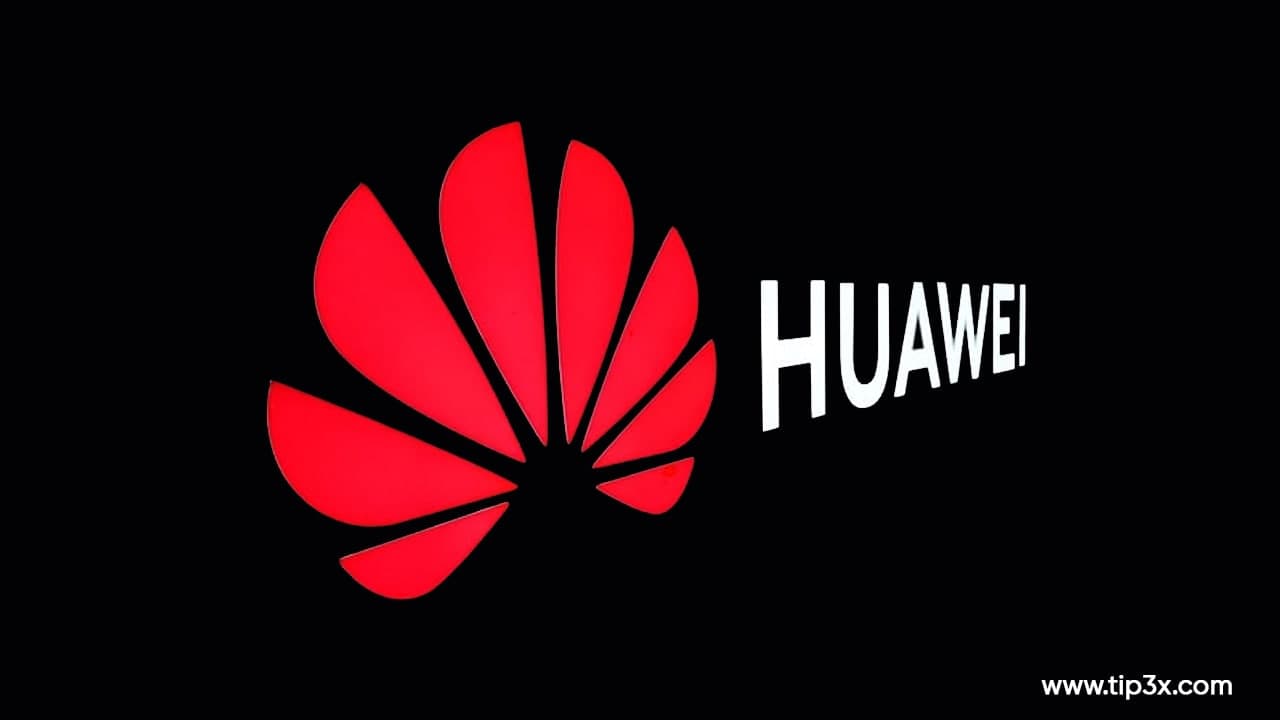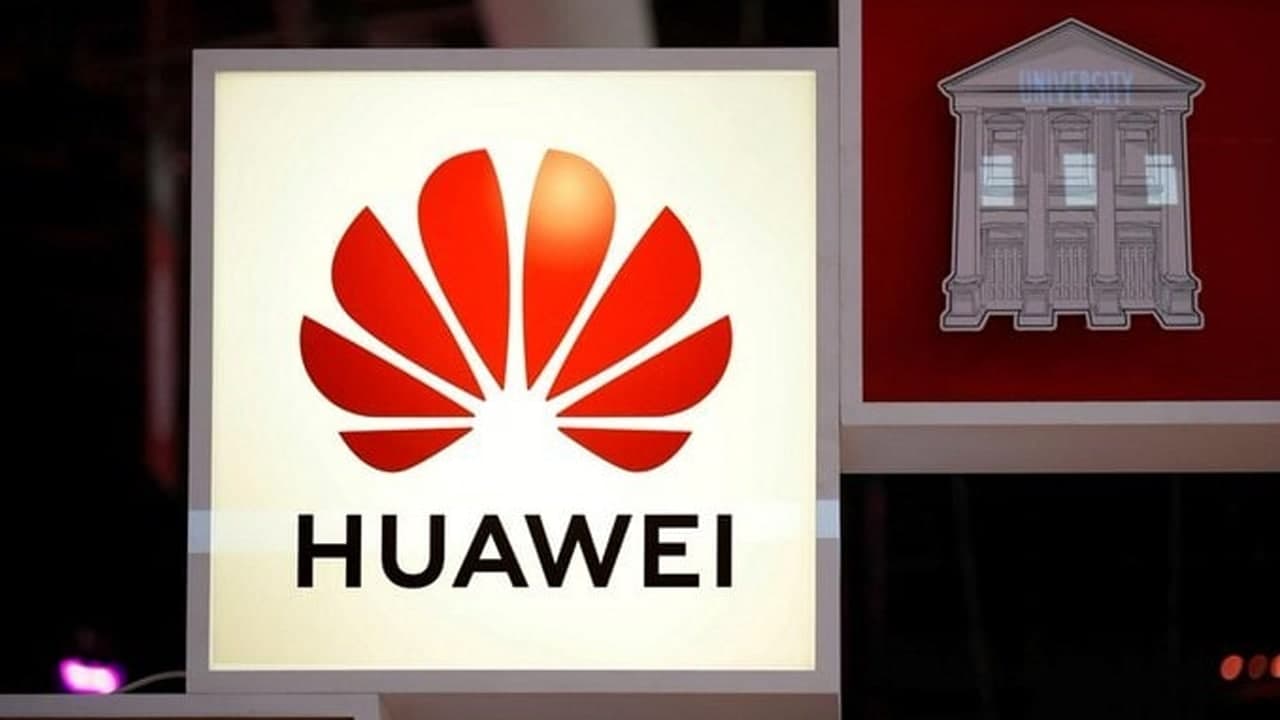Recently, the well-known communication industry media light reading analyzed that the good cooperation between Huawei and Arm not only evaded the technical sanctions of the United States but also Huawei’s data center in Russia will also take on more and more important tasks.
Moreover, servers in large data centers usually use Intel or AMD chips based on the x86 architecture. But last summer, Huawei set up a data center in Moscow, a move that, for a variety of complex reasons, may have been unexpectedly profitable.
Join tip3x on Telegram
The US sanctions on Huawei have caused many suppliers to cut off supply to Huawei, and the Arm architecture with a strong presence on the mobile side has benefited Huawei a lot. Against the backdrop of the Russian-Ukrainian conflict and Western sanctions against Russia, Huawei’s Moscow data center suddenly assumed a more important role.
The sources point out that the cloud business supported by network infrastructure appears to be booming. Huawei has not reported results or released key business figures for 2021, but the enterprise segment, which includes cloud computing, saw sales rise 23% in 2020, while total revenue rose only 4%. Consulting research firm Canalys believes that Huawei is already China’s second-largest cloud provider (after Alibaba), with a market share of about 17%.
In addition to China, the Center for Strategic and International Studies (CSIS), a Washington, D.C.-based think tank, is also following Huawei’s cloud computing development. At the time, Huawei had successfully struck 70 deals with governments or state-owned enterprises in 41 countries, according to data released by CSIS in May last year.
Although many Western countries are increasingly excluding Huawei, many countries in the third world still embrace Huawei. That worries U.S. critics of Huawei, such as Senator Tom Cotton and Congressman Mike Gallagher.
In their letter to U.S. Secretary of State Blinken last September, they said that Huawei’s cloud computing market expansion is worthy of attention. John Strand, the founder of Strand Consult, also believes that the U.S. “Net Cleanup” has ignored the development of Huawei’s cloud computing.
 In addition, the Russian-Ukrainian war will also enhance Huawei’s role. Unlike equipment suppliers such as Ericsson and Nokia, Huawei has not announced a suspension of deliveries to Russian customers. Russian cloud computing company Yandex has been badly hurt by European and U.S. sanctions. On March 3, the company indicated the possibility of bankruptcy and said its current technology supply would last 12 to 18 months.
In addition, the Russian-Ukrainian war will also enhance Huawei’s role. Unlike equipment suppliers such as Ericsson and Nokia, Huawei has not announced a suspension of deliveries to Russian customers. Russian cloud computing company Yandex has been badly hurt by European and U.S. sanctions. On March 3, the company indicated the possibility of bankruptcy and said its current technology supply would last 12 to 18 months.
In a statement on its website, the company said: “If hardware, software or other technologies used in our business or products are not available for an extended period of time and replacements cannot be found, our business may end in the near future. Substantially negative impact in the future.”
As long as Chinese foundries can produce chips, the Arm chips Huawei needs can keep it outside the reach of U.S. sanctions. For a while in 2019, Arm seemed poised to join the ranks of U.S. chipmakers.
According to the BBC at the time, a company memo revealed that some of Arm’s designs used “American technology”, subjecting it to U.S. rules. However, a few months later, Arm appears to have changed its mind, arguing that these key designs “originated in the UK.”
It also continues to maintain a partnership with Huawei. That’s partly why Arm’s share of the data center market doubled last year. “Arm’s CPU accounted for about 5 percent of all servers shipped in the third quarter of 2021, and at the end of 2020, it was only 2.5 percent,” said Manoj Sukumaran, principal analyst at market research firm Omdia.
Unable to buy U.S. chips, Huawei has poured resources into Arm-based alternatives. Kunpeng chips are used in their own cloud business. Manoj Sukumaran: “Huawei sold its x86 business in the second half of last year and is now fully focused on Arm servers.”
Moreover, Nvidia’s failed acquisition of Arm also benefits Huawei. Arm could lose its neutral status if ownership is bought by a U.S. company. Arm became the enabler of Huawei’s cloud-computing technology expansion in Russia and other countries.
However, Huawei is still planning ahead. RISC-V, an open-source alternative to Arm and x86, has been experimented with out of concern that Arm may eventually cut off the deal entirely. But according to Sukumaran, RISC-V has very little support in the hardware world today, and it has a pretty little presence in servers.













